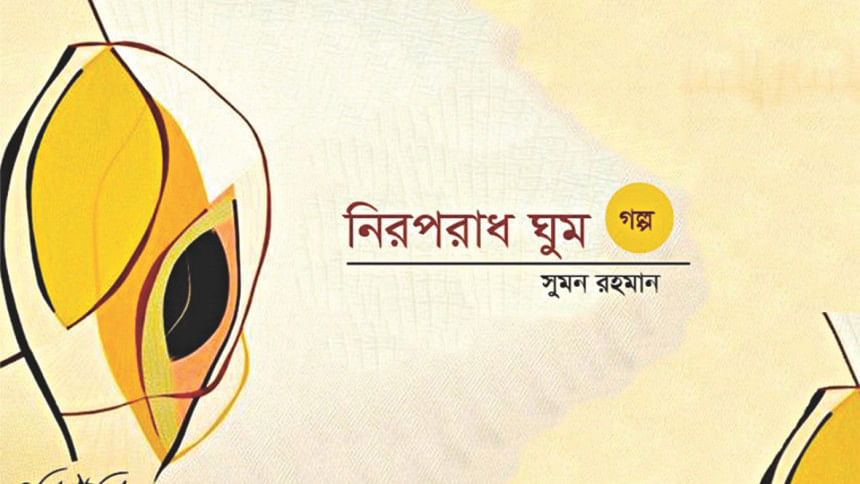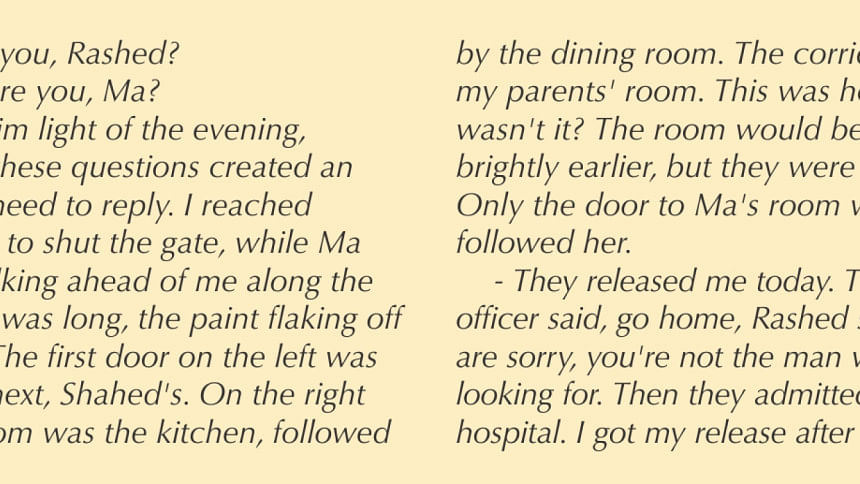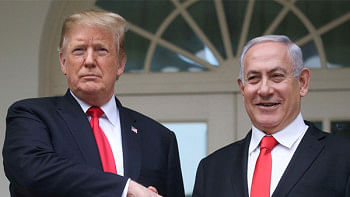Niroporadh Ghum Goes to Commonwealth

The 2016 Commonwealth Short Story Prize attracted nearly 4000 entries from 47 countries. Twenty-six “fresh and unexpected” stories by writers from eleven countries make up the shortlist. After an initial sift by a team of international readers, the global judging panel, representing each of the five regions of the Commonwealth – Helon Habila (Africa), Firdous Azim (Asia), Pierre Mejlak (Canada and Europe) Olive Senior (Caribbean), and Patrick Holland (Pacific) – chose the shortlist.
Chair of the judges, South African novelist and playwright Gillian Slovo, said of this year's shortlist:
“As a novelist accustomed to the luxury of the long form it has been a treat to discover writers who manage to crystallise such different experiences into so few words. The stories we have chosen for the shortlist are in turn comic, touching, poetic, mysterious but always fresh and unexpected.”
Sumon Rahman's short story, Niroporadh Ghum (Innocent Sleep), was shortlisted for this year's Commonwealth Short Story Prize. As a matter of fact, he is the only Bangladeshi to ever be shortlisted for this particular prize. Before this, there was the Commonwealth Writer's Prize for the best first book, which Tahmima Anam was selected for and had also won in 2008. This particular prize, the Short Story Prize, has been around since 2012 only. Sumon Rahman is a Bangladesh poet, fiction writer and cultural analyst. He has written two books of poems, a collection of short stories and a book of essays on cultural studies, all in Bangla. Apart from that he writes regularly in national newspapers and international referred journals, on various issues of art, pop culture and society. He has taught Philosophy and South Asian Studies while he was a Teaching Assistant in the National University of Singapore, and is currently teaching Media Studies and Journalism at the University of Liberal Arts Bangladesh (ULAB).

His short story, Niroporadh Ghum, portrays the culture of fear in our society in a very elusive manner. “It's a fiction work on extra-judicial killings. It shows how the narrative of crossfire is produced while all its agencies are not entirely inhuman, so the structure appears to be a very uncanny existence with the kindness of individual human characters. There is no particular villain in my story” says Sumon.
It would be difficult to say that the story was not inspired by reality. “We have had a culture of fear in our society. We have even seen a history of 'crossfires' and such, which have been mentioned in the story. So yes, it was somewhat inspired by the on-goings in our country, our society.”

Sumon wrote this story back in 2010, but was inspired recently to send it into the competition. “It never really crossed my mind. In fact, I didn't even know about it. My friend sent me the link to it and I thought of taking my chances. I hadn't translated the work beforehand, but sent it anyway since they were taking in submissions in different languages. They then assigned someone to translate the story into English,” says Sumon.
In the year 1994, he published his first book, which was an anthology of poems titled “Jhijhit”. His next book, which was an edited anthology called 'Dekha, Nah Dekhar Chokh' ended up in the list of Best Sellers of that year's Ekushey Boi Mela. In 2008, he compiled seven short stories written by him in a book called 'Goribi Omorota' and had it published. In the same year, he wrote and published a poetry book called 'Ceramic er Nijersho Jhogra'. And lastly, in 2011, he wrote and published a book called 'Kanaar Haat Bazaar', which revolved around the subjects he mastered in throughout his academic years- cultural studies and pop culture.
In 2013, Sumon joined University of Liberal Arts, Bangladesh (ULAB) as Associate Professor, Department of Media Studies and Journalism. “Being a part of ULAB has given me a lot of benefits. The university funds researches and that has come very much in handy for me as I have always had a passion for researching and writing based on what I research,” says Sumon. Sumon also plans on writing a novel. “This time, I'm moving away from the academics and indulging into my creativity,” exclaims Sumon. With 20 years of experience in different kinds of writing, Sumon finds it both exciting and unnerving to step into the realm of creativity in the form of a novel.

 For all latest news, follow The Daily Star's Google News channel.
For all latest news, follow The Daily Star's Google News channel. 



Comments